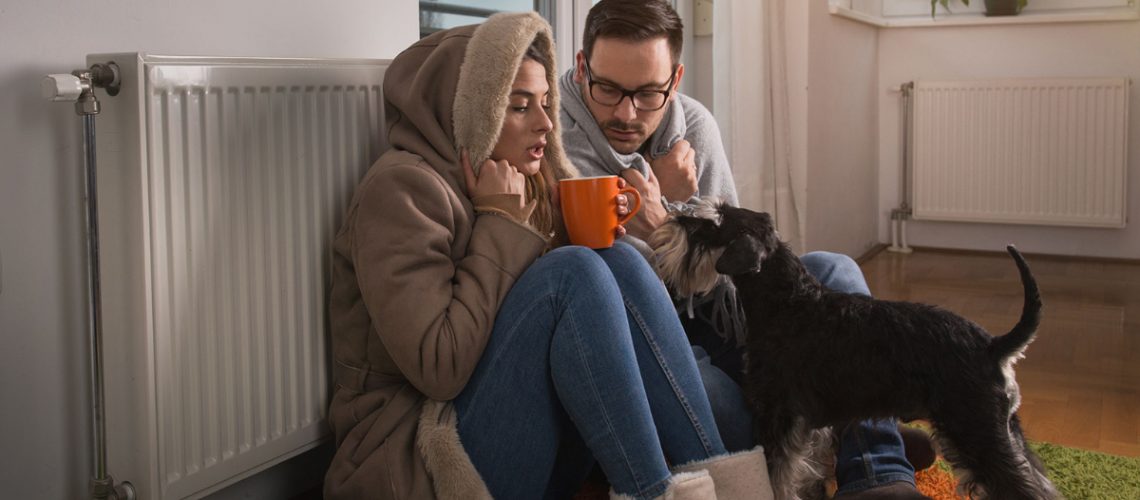Congratulations! You own your own home. Needs a bit of work here and there, but that’s ok. But why do you have a freezing first home?! Here’s a blog to help you avoid the thought of wearing multiple layers and sitting under duvets.
Within most of our lifetimes we will move house at least once. Most common is the joy of owning our first property. We can easily get swept away with the romance of ownership; choosing what you would love to do to turn a prospective property into your first home. However, with your best interests in mind, you need to approach buying with caution. Especially if it is an old property.
Avoiding the freezing first home.
Ok, so you’ve found a place and you want to buy it. First, lets do some visual checks:
Outside – what can you check? First, does it have double-glazed windows and are they in excellent condition. If you notice condensation inside the glass of a double glazed window it will need replacing. Same goes for the front and back doors. How does the roof look? An old roof may lose heat quickly. Whilst you are outside, check what direction the house faces? North facing walls and windows will be considerably colder because the winter sun appears low towards the south.
Inside – what to look for. To prevent a freezing first home look at the condition of the boiler and radiators (and hot water cylinder if there is one). If possible, ask for a demonstration of the controls. It is essential to ask for the safety documents of the boiler to ensure they have regularly serviced it. Next, look at the floor. Is it carpet or hard floor, and what is the condition? Hard floors can make a room feel freezing unless fitted with underfloor heating. Look next at the windows, do they have blinds/curtains and ask if the track/poles are staying. Inspect the windows inside. Check bathrooms and kitchens for damp and mould too – as this could be a sign of poor air circulation which makes homes feel cold.
Insulation is key to preventing a freezing first home, so make sure you ask for documents for loft and cavity wall insulation. In fact, we recommend checking loft spaces if safe to do so, even if it is to see what extra space you have! On rare occasions, there are a few reasons why you cannot install insulation; find out more here.
Go with someone who can help
The best piece of advice is to bring someone along who is impartial to your potential purchase. This takes away the disappointed feeling when discovering imperfections. Getting someone else’s opinion could save you money long-term, or help you make a better suited offer.
Good luck!

